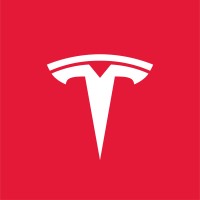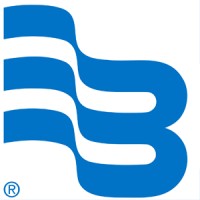FAQs
What is the expected start date for this internship?
The internship is expected to start around August/September and continue through December/January.
What is the duration and working hours required for the internship?
Internships are for a minimum of 12 weeks, requiring 40 hours of work per week.
Is this internship position available for international students?
Yes, but international students must consult their school regarding work authorization through CPT and must be able to work 40 hours per week.
What will my main responsibilities be during this internship?
Your main responsibilities will include rapidly prototyping in-car customer experiences, building full stack features for in-car maps and Autopilot navigation, extracting meaningful data from fleet telemetry, and implementing complete features across both client and server-side.
What qualifications are required for this internship position?
Applicants must be currently pursuing a degree in Computer Science or a related field with a graduation date between 2024 and 2025, and should be proficient in C++, Python, Go, or Scala.
Is prior experience necessary for this role?
Experience writing and shipping customer-facing code is required, and experience with Maps, GIS, Computational Geometry, Spark, AWS, Kubernetes, and Jenkins is considered a strong plus.
What technologies will I need to be familiar with for this position?
Familiarity with vehicle control, routing/guidance algorithms, server infrastructure, UI, and embedded systems will be beneficial, alongside programming languages like C++, Python, Go, or Scala.
What are the expected compensation and benefits for this internship?
The expected compensation is between $36.06 - $50.48 per hour, alongside benefits such as medical, dental, and vision plans, 401(k) options, paid holidays, and employee discounts.
What type of projects will I work on during this internship?
Interns will work on projects that include building features for maps and Autopilot navigation, as well as developing algorithms using data from the Tesla fleet to improve navigation and routing.
What is Tesla's policy on diversity and accommodations?
Tesla is an Equal Opportunity/Affirmative Action employer committed to diversity and will provide reasonable accommodations to individuals with disabilities during the interview process.



